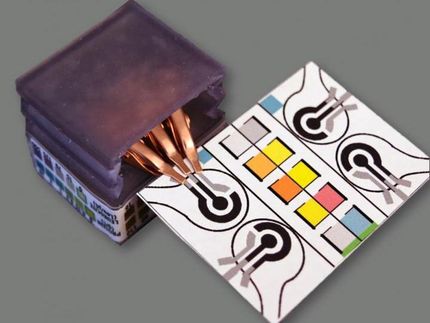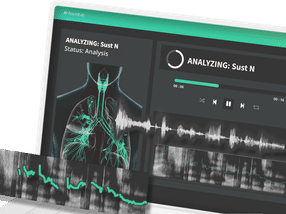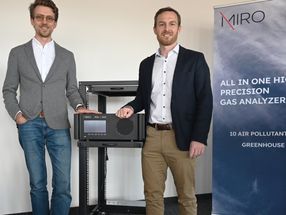Compugen Announces Preeclampsia Biomarker Collaboration
Collaboration Based on Compugen Discovered VEGF Receptor Splice Variant
Compugen Ltd. announced that it has signed a research and license agreement with a diagnostic company covering CGEN-226, a biomarker candidate for early detection of preeclampsia. Preeclampsia is the most common of the dangerous pregnancy complications, occurring in 5-8% of all pregnancies, with potentially very serious effects for both the mother and the fetus. For competitive reasons, the diagnostic company requested that their identity not be disclosed.
At present, attempts at early diagnosis of preeclampsia rely largely on symptoms which are non-specific to the disease. If the condition is not recognized, and the pregnancy is left to continue to full term, the disease will progress to eclampsia, often resulting in seizure, coma and mortality. Therefore, diagnosing preeclampsia in the early stages of a pregnancy is a field of high interest to the medical community and diagnostic industry.
CGEN-226 is a soluble splice variant of the vascular endothelial growth factor (VEGF) receptor 1 gene. This previously unknown splice variant was predicted and selected through the use of Compugen’s in silico modeling of the human transcriptome and proteome for the discovery of novel molecules for diagnostic and therapeutic uses. Following its in silico prediction and selection, CGEN-226 was validated experimentally, and patent applications covering this novel splice variant were made for various diagnostic and therapeutic applications.
Prior to the Compugen discovery and validation of CGEN-226, a different soluble form of the VEGF receptor 1 was shown to be produced by the placenta and to be elevated in the blood stream of pregnant women who develop preeclampsia. However, the Compugen discovered CGEN-226 has subsequently been shown to be the primary soluble VEGF receptor 1 in the circulation of women with preeclampsia. This finding further supports Compugen’s prediction that this variant is a candidate biomarker suitable to serve as a basis for a diagnostic test discriminating normal pregnancy and that with preeclampsia, even prior to clinical manifestation.
Most read news
Topics
Organizations
Other news from the department research and development

Get the analytics and lab tech industry in your inbox
By submitting this form you agree that LUMITOS AG will send you the newsletter(s) selected above by email. Your data will not be passed on to third parties. Your data will be stored and processed in accordance with our data protection regulations. LUMITOS may contact you by email for the purpose of advertising or market and opinion surveys. You can revoke your consent at any time without giving reasons to LUMITOS AG, Ernst-Augustin-Str. 2, 12489 Berlin, Germany or by e-mail at revoke@lumitos.com with effect for the future. In addition, each email contains a link to unsubscribe from the corresponding newsletter.





























































